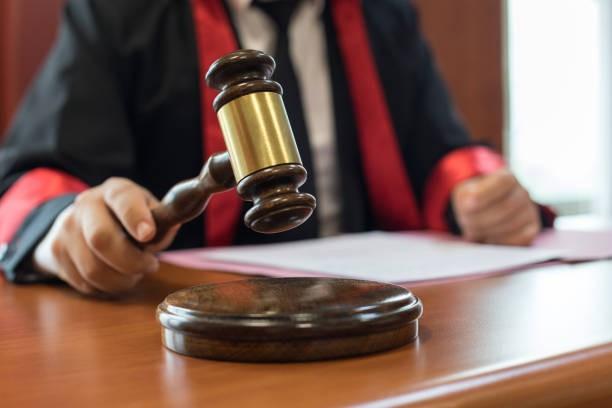
2 minute read
Ensuring passengers receive fair compensation for physical and emotional damages
Passengers who have experienced physical and emotional damages during incidents such as accidents, assaults, or medical negligence on cruise ships deserve fair compensation for their suffering. Legal professionals play a critical role in advocating for passengers' rights and ensuring they receive the compensation they deserve. This article highlights the importance of legal representation in pursuing fair compensation for physical and emotional damages suffered by cruise ship passengers.
Understanding the Scope of Physical and Emotional Damages: Physical and emotional damages can have a profound impact on the lives of cruise ship passengers. Physical injuries may range from minor cuts and bruises to severe injuries that require medical treatment, rehabilitation, or long-term care. Emotional damages encompass psychological trauma, anxiety, depression, post-traumatic stress disorder (PTSD), and other mental health conditions that result from the incident. Legal professionals recognize the wide-ranging effects of physical and emotional damages and advocate for comprehensive compensation to address these impacts.
Advertisement
Assessing the Full Extent of Damages:
Legal professionals assist passengers in assessing the full extent of the physical and emotional damages they have suffered. They work closely with medical experts, psychologists, and other professionals to evaluate the immediate and long-term effects of the incident on the passengers' physical and mental well-being. By conducting a comprehensive assessment, legal professionals ensure that all damages, including medical expenses, pain and suffering, lost wages, and diminished quality of life, are accounted for in the compensation claim.
Quantifying Non-Economic Damages: Non-economic damages, also known as general damages, refer to the intangible losses experienced by passengers, such as pain, suffering, mental anguish, loss of enjoyment, and loss of consortium. Quantifying these non-economic damages can be challenging, as they do not have a specific monetary value. Legal professionals leverage their expertise and knowledge of legal precedents and industry standards to assign a fair value to these non-economic damages, ensuring that passengers are justly compensated for their intangible losses.
Navigating Complex Legal Proceedings: Legal proceedings involving physical and emotional damages on cruise ships can be complex. They often require expertise in maritime law, personal injury law, and other relevant areas. Legal professionals guide passengers through the legal process, handling all aspects of the case, such as gathering evidence, filing necessary documents, negotiating with insurance companies, and, if needed, representing passengers in court. Their knowledge and experience allow passengers to navigate the legal complexities effectively and pursue fair compensation for their damages.
Presenting Strong Evidence:
To secure fair compensation, legal professionals gather and present strong evidence to support passengers' claims. This may include medical records, expert testimonies, witness statements, incident reports, surveillance footage, and any other relevant documentation. By presenting compelling evidence, legal professionals build a robust case that demonstrates the extent of the passengers' physical and emotional damages and establishes liability for the responsible parties.
Negotiating with Insurance Companies: Insurance companies often play a significant role in compensating passengers for their damages. Legal professionals skilled in negotiation engage with insurance companies on behalf of passengers to seek fair settlements. They leverage their expertise, knowledge of applicable laws, and evidence gathered to advocate for passengers' rights and maximize the compensation they receive. Through skillful negotiation, legal professionals work to ensure that insurance companies fairly evaluate and compensate for the physical and emotional damages suffered by passengers.



